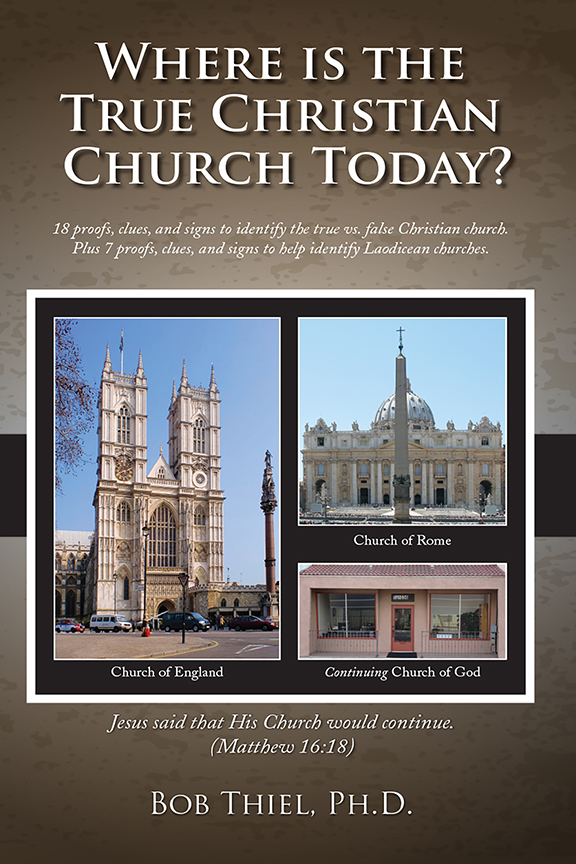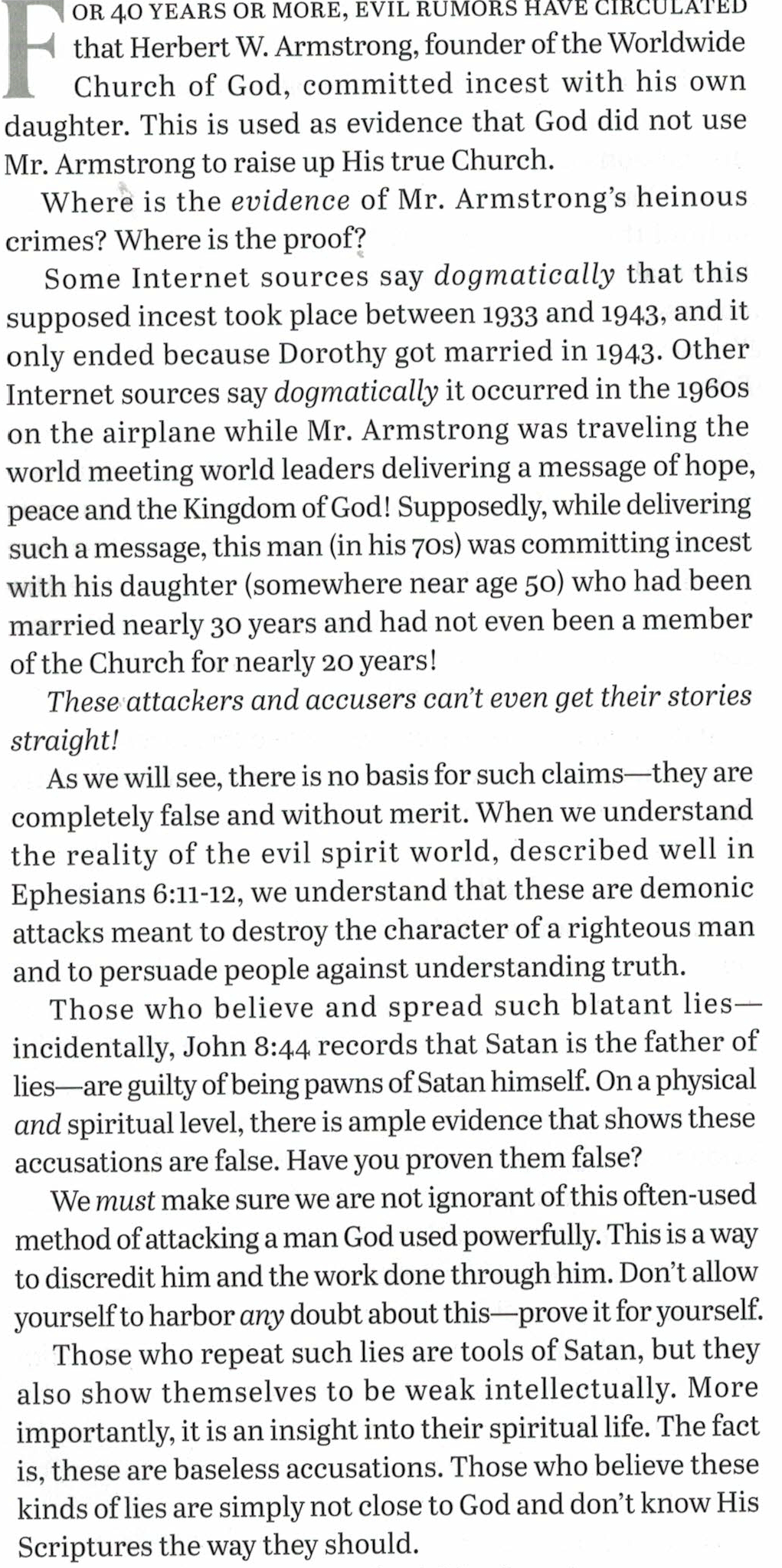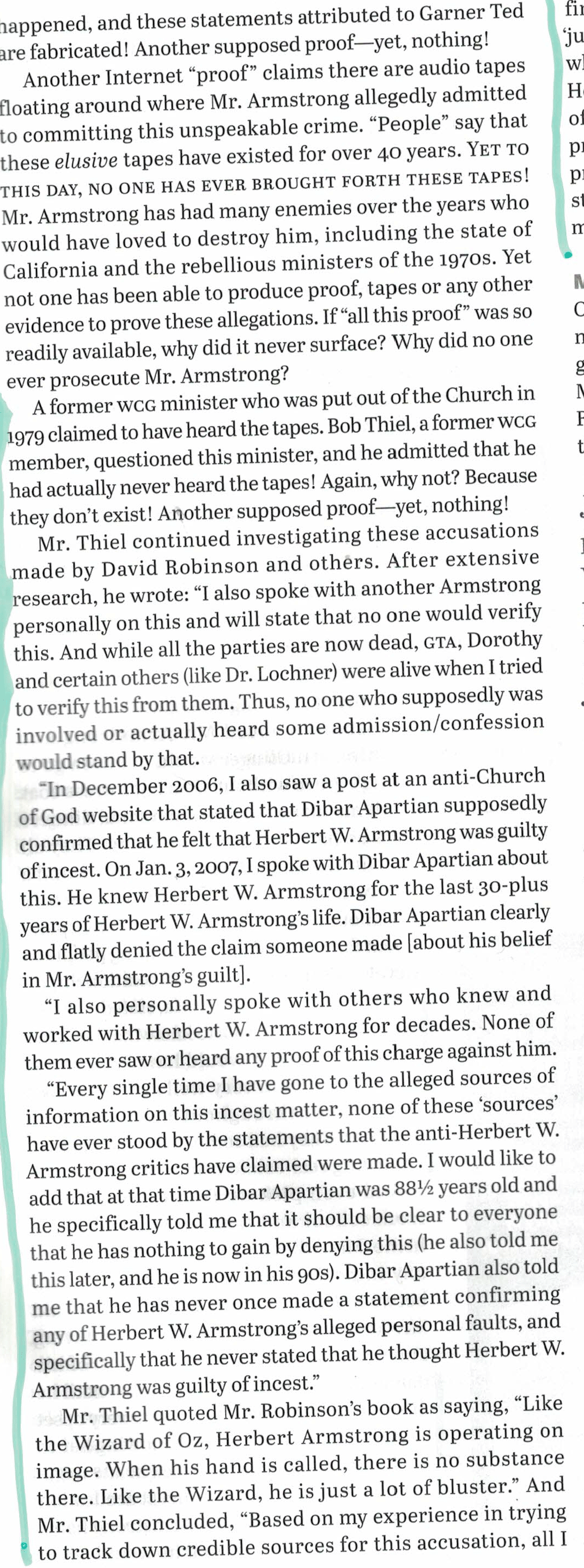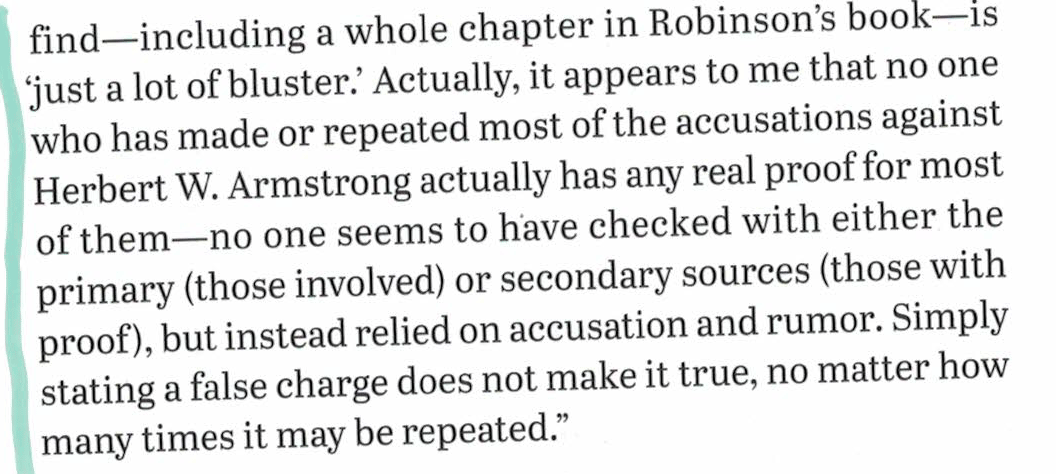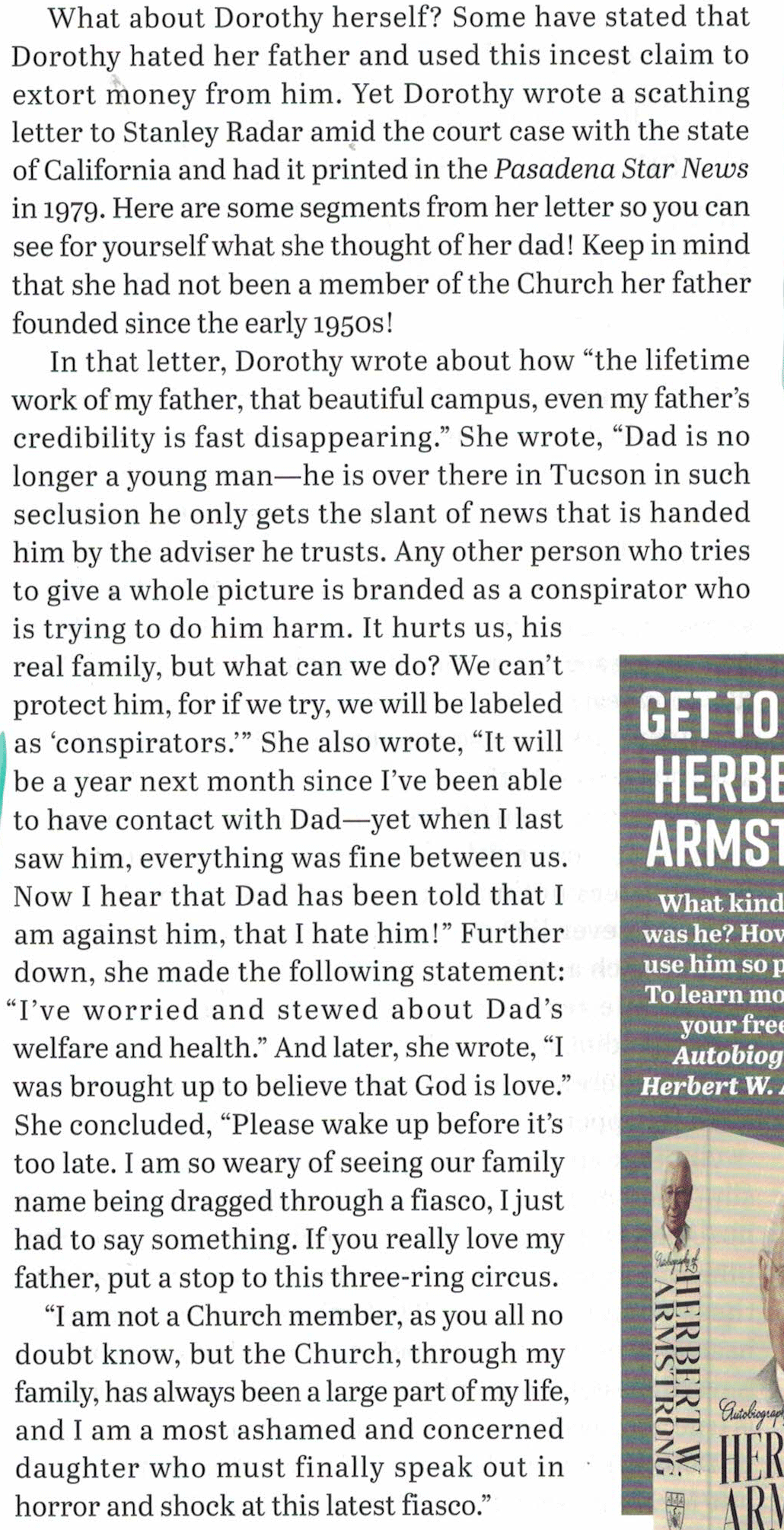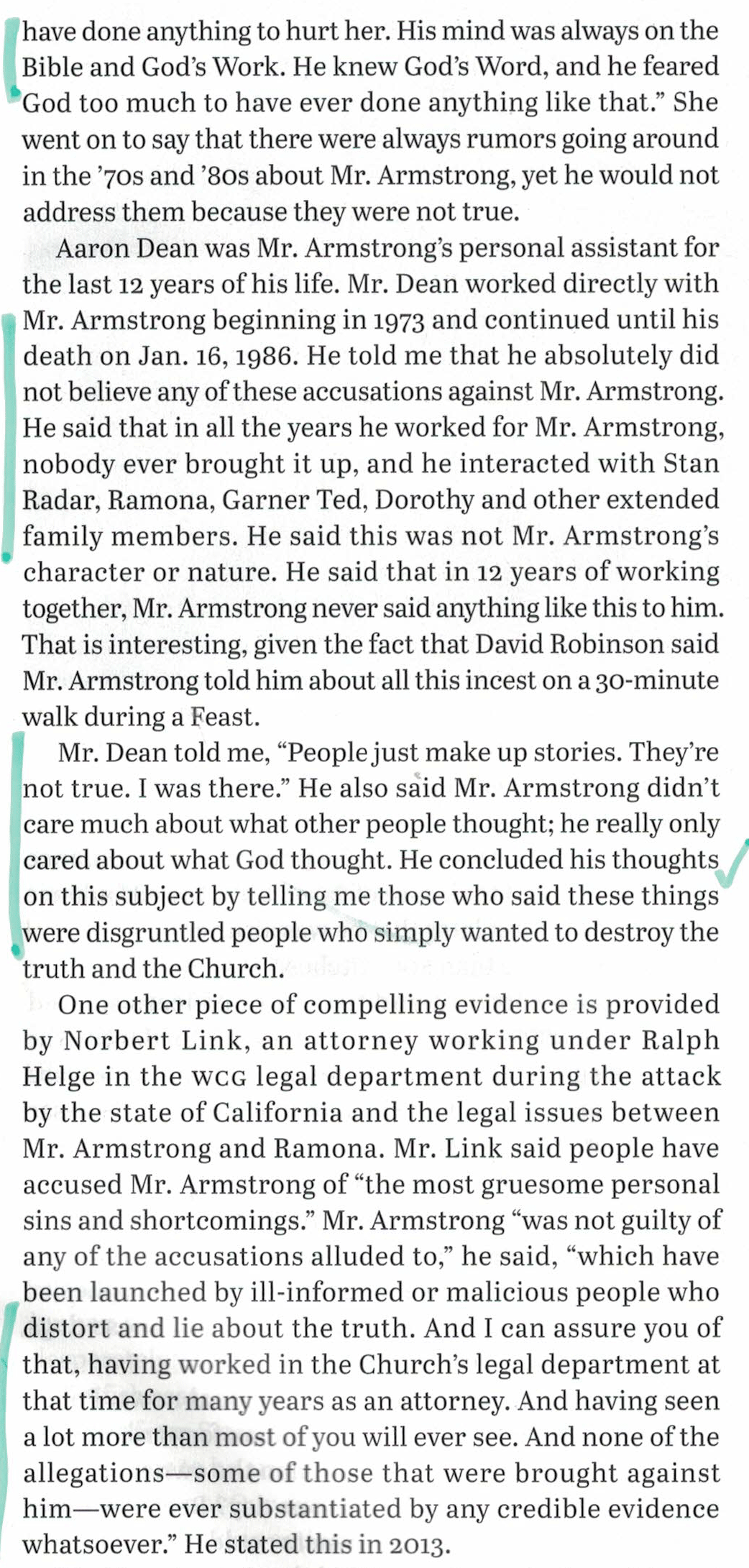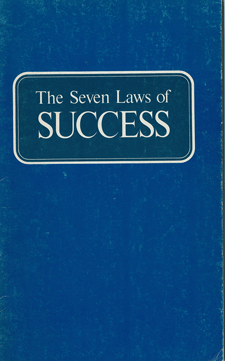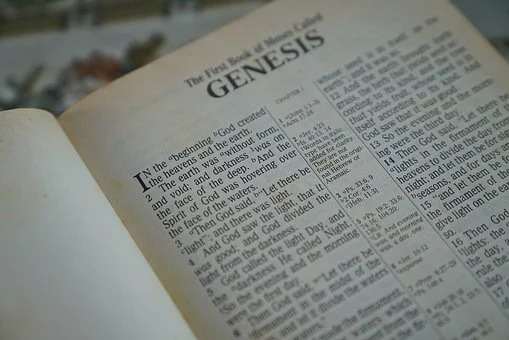
Switzerland outline (from Pixabay)
COGwriter
Switzerland and the EU are having significant disagreements:
Sorry Brussels! EU warned Switzerland could ditch 120 trade agreements and follow UK lead
THE European Union has been dealt a huge blow after being warned by a former MEP Switzerland could abandon up to 120 bilateral trade agreements with the bloc and follow a similar path to the UK.
28 May 2021
Switzerland sent shockwaves through the EU by walking away from seven years of trade negotiations after rejecting Brussels’ demands over freedom of movement. Switzerland is not one of the 27 remaining EU member states following the full departure of the UK from the EU but it is still closely tied to the bloc via more than bilateral agreements, and a potential deal would have significantly strengthened economic ties between the two sides.
But the pact had faced stiff opposition from within the Swiss Cabinet, as it was seen as too great an infringement on the country’s highly regarded sovereignty.
In a statement, the Swiss Government said: “Concluded that there remain substantial differences between Switzerland and the EU on key aspects of the agreement.
“The conditions are thus not met for the signing of the agreement. https://www.express.co.uk/news/world/1442507/eu-news-switzerland-treaty-trade-agreements-european-commission-brexit-uk-eu-deal
Switzerland walks out of seven-year treaty talks with EU
Switzerland has walked out of talks on a closer trading relationship with the European Union despite being offered better terms than the UK in key areas, EU officials have claimed.
On Wednesday the country’s foreign minister, Ignazio Cassis, pulled the plug on long-running discussions with the EU, saying that Berne’s conditions were “not met”.
Switzerland, while outside the EU, is the bloc’s fourth biggest trading partner and its economy is closely integrated with those of the 27 member states. Citizens of Switzerland and the EU member states have a mutual right to free movement.
But the Swiss government claimed it could not accept the EU’s demands to maintain and deepen ties as they would be rejected in a legally required referendum on a deal.
The two sides have been in talks for seven years over a new framework that would overtake the 100-plus bilateral treaties that govern Swiss access to the single market, but which risk becoming outdated and hampering trade. https://www.theguardian.com/world/2021/may/27/switzerland-walks-out-of-seven-year-treaty-talks-with-eu
Switzerland is surrounded by the European Union, but has thus far refused to be part of it–though it has had many agreements with the EU.
Analysis: Swiss to pay economic price for ditching EU treaty
Switzerland will pay the price in lost exports, higher costs and diminished attractiveness as a business centre after deciding this week to pull the plug on a draft treaty binding it more snugly to the European Union, its biggest trading partner.
Popular concerns about yielding too much sovereignty sank the 2018 pact that would have had non-member Switzerland routinely adopt rules governing the EU’s giant single market, including the free movement of people. read more
While the eurosceptic far-right celebrated the demise of a what it saw as a “colonial” treaty and the left cheered the defence of measures to support high Swiss wages, businesses and economists warned there would be significant economic fallout. https://www.reuters.com/world/europe/swiss-pay-economic-price-ditching-eu-treaty-2021-05-27/
Actually, ultimately, the Swiss will pay more than an economic price as it will become dominated by Europe.
Biblical prophecy shows that Gad (Switzerland) will not remain isolated as it has been:
1 And Jacob called his sons and said, “Gather together, that I may tell you what shall befall you in the last days:
2 “Gather together and hear, you sons of Jacob, And listen to Israel your father. …
19 “Gad, a troop shall tramp upon him, But he shall triumph at last. (Genesis 49:1-2, 19)
The above is an end time prophecy as it is for “the last days.” It is a reference to Switzerland. A troop shall tramp Switzerland.
The late Dr. Herman Hoeh, while part of the old Radio Church of God, wrote the following:
Gad, which means “the troop” certainly designates Switzerland the only Israelite nation in which every man is mobilized for defense. Against Gad would come the foreign troops, said Jacob, but he will “trod upon their heel.” Moses declared that Gad does NOT “leap,” a characteristic of the colonizing or pillaging tribes. Gad “teareth the arm, yea, the crown of the head” of the Holy Roman Empire, in whose territory “he chose a first part for himself, and there a portion of a ruler was reserved.” To Gad come “the heads of the people” as they do today to Geneva. No other nation on earth so perfectly fits this description of a nation of troops. (LOCATION OF THE TRIBES OF ISRAEL by Herman L Hoeh (ca. 1950s) http://www.giveshare.org/israel/locationtribes.html)
Related to Gad, let me add the following scripture:
20 And of Gad he said: “Blessed is he who enlarges Gad; He dwells as a lion, And tears the arm and the crown of his head. 21 He provided the first part for himself, Because a lawgiver’s portion was reserved there. He came with the heads of the people; He administered the justice of the Lord, And His judgments with Israel.” (Deuteronomy 33:20-21)
Switzerland, Geneva particularly, has had a history of being an “international lawgiver.” Note: Even though the migrations of some of the ancestors of Switzerland and Germany are similar, while some have erroneously taught that Germany is Gad, Germany has no history of being a recognized lawgiver–but instead primarily descended from Assyria (see Germany’s Assyrian Roots Throughout History).
Switzerland will NOT be one of the safest places to be shortly before Jesus returns.
Have you wondered where the safest place to be is in turbulent times? Are you physically prepared for what is going to happen?
Some have wondered if Israelitish-descended nations, like Switzerland, could be part of the final Beast power. History shows us that at least parts of France, as well as essentially all of the Netherlands, Luxembourg, Switzerland, and Belgium were part of the so-called ‘Holy Roman Empire.’ Consider also that three members of the House of Luxembourg reigned as ‘Holy Roman Emperors.’ The fact that at least part of the Israelitish peoples were part of the beasts in Daniel 2:40-43 and 7:2-8, should show all that it, for a time, can be part of the final Beast power (see also Must the Ten Kings of Revelation 17:12 Rule over Ten Currently Existing Nations?)
While this news page often refers to prophecies for those descended from Judah, Ephraim, or Manasseh, some have wondered what is prophesied to happen to the descendants of the remaining tribes of Israel? Although the time of Jacob’s trouble (Jeremiah 30:7) does not start with their immediate punishment (Ezekiel 5:1-3 seems mainly to point to Judah, Ephraim, and Manasseh), they too will receive punishment (bolded end of verse 4):
1 “And you, son of man, take a sharp sword, take it as a barber’s razor, and pass it over your head and your beard; then take scales to weigh and divide the hair. 2 You shall burn with fire one-third in the midst of the city, when the days of the siege are finished; then you shall take one-third and strike around it with the sword, and one-third you shall scatter in the wind: I will draw out a sword after them. 3 You shall also take a small number of them and bind them in the edge of your garment. 4 Then take some of them again and throw them into the midst of the fire, and burn them in the fire. From there a fire will go out into all the house of Israel. (Ezekiel 5:1-4)
The bolded portion seems to show that the rest of the house of Israel will have tribulation after the modern nations that include the Anglo-descended countries will essentially be gone. This would include such countries as France, Finland, Netherlands, Switzerland, Denmark, Ireland, Belgium, Luxembourg, Sweden, and Norway. The ‘small number’ in verse 3 appears to be about 10 percent as that is the amount that Isaiah 6:13 indicates will be left.
Consider also the following along with the reality that Switzerland is full of mountains:
12 I looked when He opened the sixth seal, and behold, there was a great earthquake; and the sun became black as sackcloth of hair, and the moon became like blood. 13 And the stars of heaven fell to the earth, as a fig tree drops its late figs when it is shaken by a mighty wind. 14 Then the sky receded as a scroll when it is rolled up, and every mountain and island was moved out of its place. (Revelation 6:12-14)
17 Then the seventh angel poured out his bowl into the air, and a loud voice came out of the temple of heaven, from the throne, saying, “It is done!” 18 And there were noises and thunderings and lightnings; and there was a great earthquake, such a mighty and great earthquake as had not occurred since men were on the earth. 19 Now the great city was divided into three parts, and the cities of the nations fell. And great Babylon was remembered before God, to give her the cup of the wine of the fierceness of His wrath. 20 Then every island fled away, and the mountains were not found. (Revelation 16:17-20)
5 O house of Jacob, come and let us walk In the light of the Lord.
6 For You have forsaken Your people, the house of Jacob, Because they are filled with eastern ways; They are soothsayers like the Philistines, And they are pleased with the children of foreigners. 7 Their land is also full of silver and gold, And there is no end to their treasures; Their land is also full of horses, And there is no end to their chariots. 8 Their land is also full of idols; They worship the work of their own hands, That which their own fingers have made. 9 People bow down, And each man humbles himself; Therefore do not forgive them.
10 Enter into the rock, and hide in the dust, From the terror of the Lord And the glory of His majesty. 11 The lofty looks of man shall be humbled, The haughtiness of men shall be bowed down, And the Lord alone shall be exalted in that day.
12 For the day of the Lord of hosts
Shall come upon everything proud and lofty,
Upon everything lifted up —
And it shall be brought low—(Isaiah 2:5-12)
The above time frame is the Day of the Lord. It shows that various parts of Jacob/Israel are pleased with foreigners. They have silver and gold (cf. Revelation 18:11-12). They will end up hiding in the rocks (cf. Revelation 6:15-17)–while this hiding includes all associated with Babylon, it appears to be including various tribes of Israel, like Switzerland.
Mountainous Switzerland will be affected. Switzerland will not remain a safe place.
Of course, after Jesus comes and the Kingdom of God is established, all of that type of punishment will end (see also Anglo – America in Prophecy & the Lost Tribes of Israel). Switzerland will NOT be a real place of safety (Revelation 12:14-17) during the Great Tribulation and Day of the Lord (see also There is a Place of Safety for the Philadelphians. Why it May Be Near Petra), even if there is some truth to the view from a physical perspective that Switzerland is better prepared for disasters than other nations.
The author at the beginning of this post took a secular, carnal approach. And while proper preparations for disasters are appropriate (see Physical Preparation Scriptures for Christians), the Bible warns:
6 For to be carnally minded is death…(Romans 8:6)
As Christians, we are to “walk by faith, not by sight” (2 Corinthians 5:7).
So, we look to the Bible for comments about protection and safety. Here are some:
22 But the Lord has been my defense, And my God the rock of my refuge. (Psalms 94:22)
25 The fear of man brings a snare, But whoever trusts in the Lord shall be safe. (Proverbs 29:25)
15 He who walks righteously and speaks uprightly,
He who despises the gain of oppressions,
Who gestures with his hands, refusing bribes,
Who stops his ears from hearing of bloodshed,
And shuts his eyes from seeing evil:
16 He will dwell on high;
His place of defense will be the fortress of rocks;
Bread will be given him,
His water will be sure. (Isaiah 33:15-16)
Interestingly, the descriptions in the Bible of a place of safety during what some might refer to as WWIII refer to a rocky place in the wilderness in a location like part of southern Jordan (see There is a Place of Safety for the Philadelphians. Why it May Be Petra)–based on various scriptures related to location, it is not pointing to Switzerland.
Of course, certain Protestants instead believe that they will be ‘raptured’ away from the earth prior to the start of the Great Tribulation. While that is their professed hope, the idea is NOT supported by the Bible and is in error (for many biblical details, check out the article Is There A Secret Rapture for the Church? When and Where is the Church Protected?).
Furthermore, it should probably be noted that although many in the COGs believe that they will either be protected where they are at, this is NOT what the Bible teaches (cf. Revelation 12:14-16). Most in the COGs will NOT be protected at all (Daniel 7:25b; Revelation 12:17)–only the remaining Philadelphian remnant will be (Revelation 3:10; see also There is a Place of Safety for the Philadelphians. Why it May Be Petra).
Christians do need to pray to be accounted worthy of the end-time protection according to Jesus:
35 For it will come as a snare on all those who dwell on the face of the whole earth. 36 Watch therefore, and pray always that you may be counted worthy to escape all these things that will come to pass, and to stand before the Son of Man. (Luke 21:35-36)
Pray and change.
Jesus also said Christians needed to have the proper spiritual focus:
24 Then Jesus said to His disciples, “If anyone desires to come after Me, let him deny himself, and take up his cross, and follow Me. 25 For whoever desires to save his life will lose it, but whoever loses his life for My sake will find it. (Matthew 16:24-25)
Consider also that Jesus rebuked most of the Christians in the second and third chapters of the Book of Revelation, indicating that they did not always have the right focus in supporting His work. Also, notice the following which clearly shows that not all Christians will be protected in the end:
17 And the dragon was enraged with the woman, and he went to make war with the rest of her offspring, who keep the commandments of God and have the testimony of Jesus Christ. (Revelation 12:17)
Sadly, even most Christians will not do what they should in the end. That is why Jesus rebuked the Laodiceans and told them to change (Revelation 3:14-21). Laodicea is basically composed of two words which mean “people decide” and in these end times, most Christian people have decided not to support proper biblical church governance (see The Bible, Peter, Paul, John, Polycarp, Herbert W. Armstrong, Roderick C. Meredith, and Bob Thiel on Church Government) and doing the work of God in truth (Psalms 33:4; see also The Final Phase of the Work).
Most Christians will not be protected.
Switzerland will not provide real safety between the start of the Great Tribulation and the return of Jesus.
Because of a coming peace deal (see Daniel 9:27 and also The ‘Peace Deal’ of Daniel 9:27), it is likely that more Christians will become complacent and not believe that the end will be near, when in fact it will be the closest it has ever been and will be imminent.
Those without a COG background, as well as some of those with one, may also find the following from the late evangelist Dr. Herman Hoeh of interest:
IF WORLD WAR III COMES – There Is a Way of Escape
You need to be prepared. …
Jesus’ Amazing Prophecy
Let’s notice Jesus’ prophecy of the “times of the Gentiles” in Luke 21:24.
When speaking of the Jews, Jesus told His disciples that “they shall fall by the edge of the sword, and shall be led away captive into all nations, and Jerusalem shall be trodden down of the Gentiles until the times of the Gentiles be fulfilled.”
This prophecy is not speaking of a period of peace, but of war. It is a message for our day — a time when the Gentiles are conquering and destroying, when they are ruling themselves contrary to the way of God who is Creator and RULER. …
Remember what Jesus said in Luke 21:24? That Jerusalem would be trodden down of the Gentiles until the very completion of the times of the Gentiles!
Since Zechariah 14:1-3 shows that Jesus Christ will return in order to deliver Jerusalem from the Gentiles, it is plain that THE SECOND COMING OF CHRIST WILL PUT AN END TO THE TIMES OF PUNISHMENT ON THE GENTILE BABYLONISH SYSTEM! (Isaiah 27:13; I Cor. 15:52.) Then God will send His Son to rule the world!
As Christ said, of the second coming, “But of that day and hour, knoweth no man!” But … world-occurrences warn us that … it is very near! …
Way of Escape
But in this end-time of turmoil there is a place of safety-if you heed-until Christ does bring us peace.
It’s a vital part of the gospel of the soon-coming Kingdom of God! Jesus said, ” … except those days were SHORTENED, there should no flesh be saved!” (Mat. 24:22.) But He went on to say that God would supernaturally cut short the days, for the sake of the ELECT!
That is our only real hope for survival!
The intervention of God! Jesus Christ promised protection to His own elect! He PROMISED they would survive the prophesied holocaust to strike this unsuspecting world!
WHO are the Elect?
He said, “FEAR NOT, little flock, for it is your Father’s good pleasure to give you the kingdom” (Luke 12: 32).
He promised that somewhere on this earth, right now, there would be His own WORK! That work would be faith· fully performed, He promised, by His own true followers, who KNOW HIS VOICE, who would be preaching…”the Gospel of the Kingdom” as a WITNESS TO the WHOLE WORLD!
They would be preaching it, chapter- by-chapter, verse-by-verse, word-by-word, just exactly as it really IS, not as they might interpret it to be, or any man, woman, or organization of men or women would like to have it preached!
You NEED TO FIND WHERE THAT WORK IS BEING CARRIED ON! Why? Because it is ONLY THOSE who have an absolute guarantee of safety! The very elect are those who are the called and chosen, who have truly RE-PENTED of their own carnal ways, and have accepted the Holy ways of God! They are the ones who have been made members of the very BODY of Jesus Christ (1 Cor. 12:13) performing HIS WORK! Jesus speaks of these faithful ones, in the Book of Revelation.
“And to the angel of the church in Philadelphia [the prophesied end-time Church of God, doing the work of God) write: … ‘I know thy works, behold, I have set before thee an open door II (Rev, 3:7-8).
The Apostle Paul spoke of a door flung open before him to PREACH THE GOSPEL (II Cor. 2:12). Remember, Jesus promised, “This Gospel of the Kingdom SHALL be preached in all the world . .. ” (Mat. 24:14), and promised to make a way for that message of hope and good news to go-by flinging open the massive DOORS of radio, the printing press, television, and personal evangelism. He promised those doors would remain , …. and no man can shut it, for thou has a little strength, and hast kept my word, and hast not denied my name” (Rev, 3:8), Yes, the very elect would NEVER become corrupted by false doctrines, or be muzzled by boards of men-it would not deny the name of Jesus Christ, or His true doctrine! (Hoeh H. If World War III Comes–There is a Way of Escape. Plain Truth, June 1963)
Let me interject here that the Continuing Church of God is now getting that gospel out over the printing press, radio, YouTube television videos, personal evangelism, and the internet. We represent the remnant of the Philadelphia portion of the Church of God that Dr. Hoeh mentions below:
Later, Jesus gave the exhilarating GOOD NEWS to those faithful ones who put the WORK of God far above their own personal considerations. He said “Because thou hast KEPT the word of my patience, I ALSO WILL KEEP THEE FROM THE HOUR OF TEMPTATION [TRIBULATION) WHICH SHALL COME UPON ALL THE WORLD, TO TRY THEM THAT DWELL ON THE EARTH!” (Rev. 3:10) . Yes, Jesus promised SAFETY. He promises supernatural PROTECTION to His own elect.
On the Wings of an Eagle
God brought the ancient Israelites out of Egypt on symbolic “eagles’ wings.” This symbolizes the loving care and protection of God for His own children. Notice, now, an amazing prophecy. It is about the same Church of God addressed in the promise of protection we have just read in Revelation 3.
“And to the woman [the Church] were given two wings of a great eagle, that she might fly into the wilderness, into her place, where she is nourished for a time, and times, and half a time from the face of the serpent” (Rev. 12:14), In this end-time prophecy, John writes of the last, end-time REMNANT Church which is to ESCAPE the terrible WAR and tribulation that will soon strike our heedless people, They are, just as the ancient Israelites, carried to a place of SAFETY … in the wilderness by the supernatural power of Almighty God, their Banner, their Shield, their Prorector!
Where Will They GO?
Now notice another amazing prophecy. Daniel was inspired to write of this impending nuclear war, and its immediate aftermath. He describes the rising BEAST power in Europe, a coming resurrection of the ancient ROMAN EMPIRE, symbolized as the “King of the North.” But the European power crushes and occupies these poorly equipped up-start countries.
“And at the time of the end [NOT back during the days of the Seleucidae of Syria]… the king of the north shall come… like a whirlwind, with chariots, and with horsemen, and with many ships, and he shall enter into the countries, and shall overflow and pass over.
“He shall enter also into the glorious land [Palestine], and many countries shall be overthrown, but these shall escape out of his hand, even Edam and Moab and the chief of the children of Ammon” (Dan. 11:40-41).
Why are these areas spared?
For a very special reason!
A PLACE of Protection
God promises His people will be flourished, provided for, in the “wilderness”! He will supernaturally protect them, carrying them safely there on symbolic “eagles’ wings. ” They may be taken by air, sea or land-the Bible doesn’t say. But where is this “wilderness” place God is readying?
Many Bible statements indicate it is in the areas anciently occupied by the Edomites, Moabites, and Ammonites, southeast of Jerusalem, in the rugged, barren mountains beyond the Dead Sea — the modern country of Transjordan (Dan. 11:41 and Isaiah 16:4-5).
Regardless of WHERE the “place” is that God’s Church is nourished and protected during these perilous times described in so many dozens of prophecies — the way to make sure you are going there is clear!
To those who will truly repent of wanting their own way, and who will come to God through Jesus Christ and His sacrifice, He promises spiritual, supernatural, MIRACULOUS shelter!
Does this sound fantastic? Does it sound incredible? Have we strayed so far from our RULER and our SAVIOUR that we think Him UNABLE to save us? Is it ridiculous to most today to really believe in God above and His supernatural protection — His divine INTERVENTION in our own personal lives?
Of course not!
He is our Fortress! He is our Rock! He is our GOD! He will supernaturally bring His people to a place of safety! (Hoeh H. If World War III Comes–There is a Way of Escape. Plain Truth, June 1963)
Let me add that there are also other reasons that those regions will be spared as it is likely that they will work with the the King of the North against the final King of the South (cf. Daniel 11:25-26).
More on this place of protection can be found in the article There is a Place of Safety for the Philadelphians. Why it May Be Petra; there is also a video on the subject: Might Petra be the Place of Safety? Here is something related in the Spanish language: Hay un lugar de seguridad para los Filadelfinos. ¿Puede ser Petra?
There will be a place of physical protection during the Great Tribulation and the Day of the Lord for the Philadelphian remnant of Christians, but it will not seem to be in any of the top ten nations that some believe would be safest.
Knowing where various peoples have come from, helps us better understand how the Bible teaches that various ones will be affected by end time events that are still to come to pass.
Some items of possibly related interest may include:
Could Switzerland by descended from Gad? Is it really prepared for what is prophecied? This article has clues.
Anglo – America in Prophecy & the Lost Tribes of Israel Are the Americans, Canadians, English, Scottish, Welsh, Australians, Anglo-Saxon (non-Dutch) Southern Africans, and New Zealanders descendants of Joseph? Where are the lost ten-tribes of Israel? Who are the lost tribes of Israel? What will happen to Jerusalem and the Jews in Israel? Will God punish the U.S.A., Canada, United Kingdom, and other Anglo-Saxon nations? Why might God allow them to be punished first? Here is a link to the Spanish version of this article: Anglo-América & las Tribus Perdidas de Israel. Information is also in the YouTube sermons titled Where are the Ten Lost Tribes? Why does it matter? and British are the Covenant People. A short YouTube of prophetic interest may be: Are Chinese threats against Australia for real?
Will the Anglo-Saxon-Celtic Nations be Divided and Have People Taken as Slaves? Will the lands of the United States, United Kingdom, Canada, Australia, and New Zealand be divided? What about Jerusalem? What does Bible prophecy teach? Are there non-biblical prophecies that support this idea? Who will divide those lands? Who will end up with the lands and the people? Here is a link to a video titled Will the USA and other Anglo-nations be Divided and Their People Made Slaves? Here is a related item in the Spanish language ¿Serán divididas las naciones anglosajonas?
British are the Covenant People What do ‘British’ and ‘Britain’ mean in Hebrew? Are the descendants of the Anglo-Saxons people of the covenant? Does the British royal family connect to the throne of David? What does the Bible teach? What does history show us? Is there any DNA evidence related to British-Israelism? When did Christianity make it to the British Isles? Could Jeremiah have made it to the British Isles? What type of Christians made it to the British Isles? Did the last King of England believe in British Israelism?
Canada in Prophecy: What Does Bible Prophecy, Catholic Prophecy, and other Predictions Suggest About the Future of Canada? There are prophecies that suggest involvement with Canada. And many are not positive about its future. A sermon of related interest is also available: Canada in Prophecy.
Australia and New Zealand in Prophecy Do biblical prophecies help explain the wealth blessings for Australia and New Zealand? Might cursings from disobedience come in the 21st century? Here is a link to a related sermon: Australia and New Zealand: Origins and Prophecy.
The ‘Lost Tribe’ of Reuben: France in Prophecy? What is the origin of this in France? What is prophesied to happen to them? A two-part sermon related to history and prophecy is available online: The ‘Lost Tribe’ of Reuben and France and Prophecy.
Ten clues tying Belgium and Luxembourg with the tribe of Asher Who did some in Belgium and Luxembourg descend from?
Ten clues tying Zebulun with the Dutch Who did some in the Netherlands descend from?
Ten Prophetic Clues Concerning Naphtali – Sweden Do the Swedes have any ties to the biblical tribe of Naphtali? Some think so
‘Ten Prophetic Clues Concerning Dan – the Irish’ Not part of the ‘144,000’ Could the Irish and Danes have descent from the tribe of Dan?
There is a Place of Safety for the Philadelphians. Why it May Be Near Petra This article discusses a biblical ‘place of safety’ and includes quotes from the Bible and Herbert W. Armstrong on this subject–thus, there is a biblically supported alternative to the rapture theory. Two sermon-length videos of relaled interest are available Physical Protection During the Great Tribulation and Might Petra be the Place of Safety? Here is something related in the Spanish language: Hay un lugar de seguridad para los Filadelfinos. ¿Puede ser Petra?
This is PETRA! This is a 1962 Good News article by the late Dr. Hoeh.
Does God Have a 6,000 Year Plan? What Year Does the 6,000 Years End? Was a 6000 year time allowed for humans to rule followed by a literal thousand year reign of Christ on Earth taught by the early Christians? Does God have 7,000 year plan? What year may the six thousand years of human rule end? When will Jesus return? 2028 or or 2031 or 20xx? There is also a video titled 6000 Years: When will God’s Kingdom Come? Here is a link to the article in Spanish: ¿Tiene Dios un plan de 6,000 años?
The Great Tribulation: What Happens First? What events have happened? What are some events that are now happening? And what events need to happen for the Great Tribulation to start? Here is a link to a related sermon video: Counting Down to the Great Tribulation.
When Will the Great Tribulation Begin? 2021, 2022, or 2023? Can the Great Tribulation begin today? What happens before the Great Tribulation in the “beginning of sorrows”? What happens in the Great Tribulation and the Day of the Lord? Is this the time of the Gentiles? When is the earliest that the Great Tribulation can begin? What is the Day of the Lord? Who are the 144,000? Here is a version of the article in the Spanish language: ¿Puede la Gran Tribulación comenzar en el 2020 o 2021? ¿Es el Tiempo de los Gentiles? A related video is: 2021: The Great Tribulation or the Great Reset? Here is a video in the Spanish language: Es El 2021 el año de La Gran Tribulación o el Grande Reseteo Financiero.
Physical Preparation Scriptures for Christians. We all know the Bible prophecies famines. Should we do something? Here is a version in the Spanish language Escrituras sobre Preparación física para los Cristianos. Here is a link to a related sermon: Physical preparedness for Christians.





